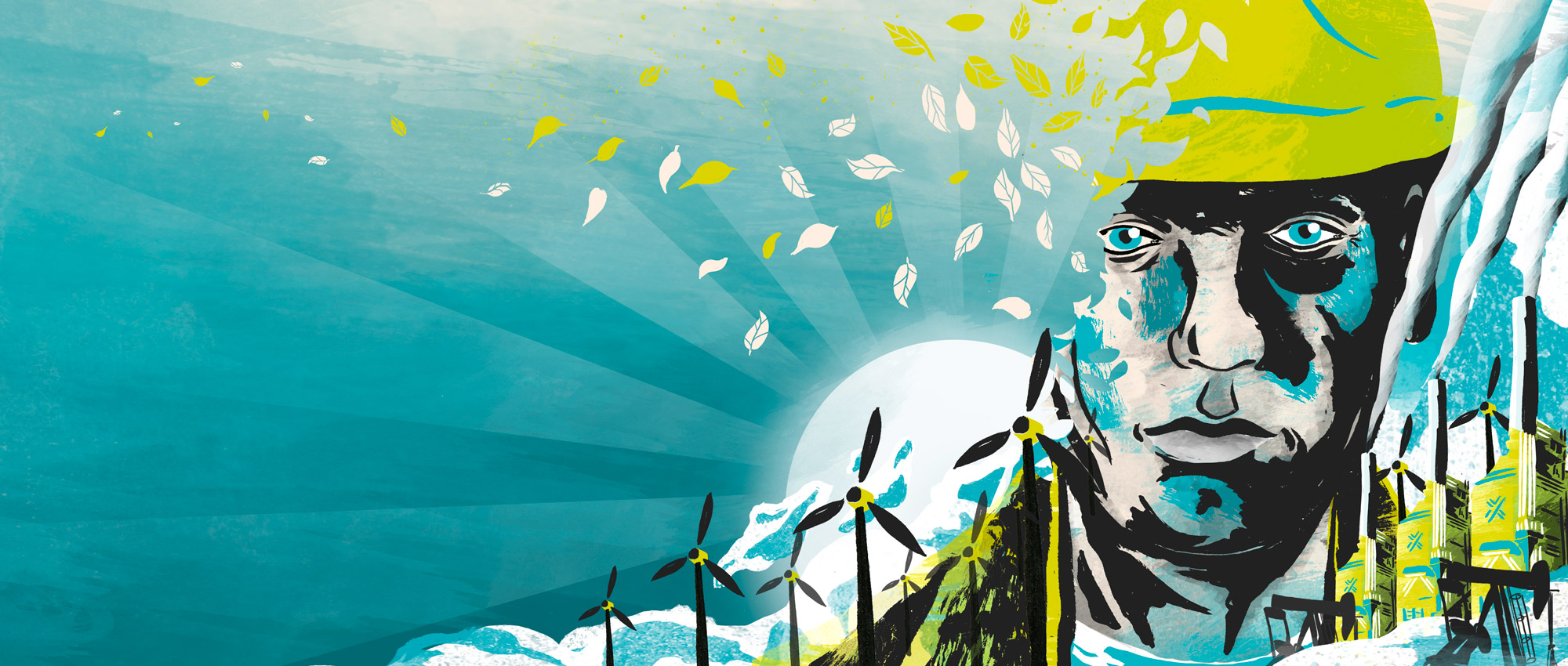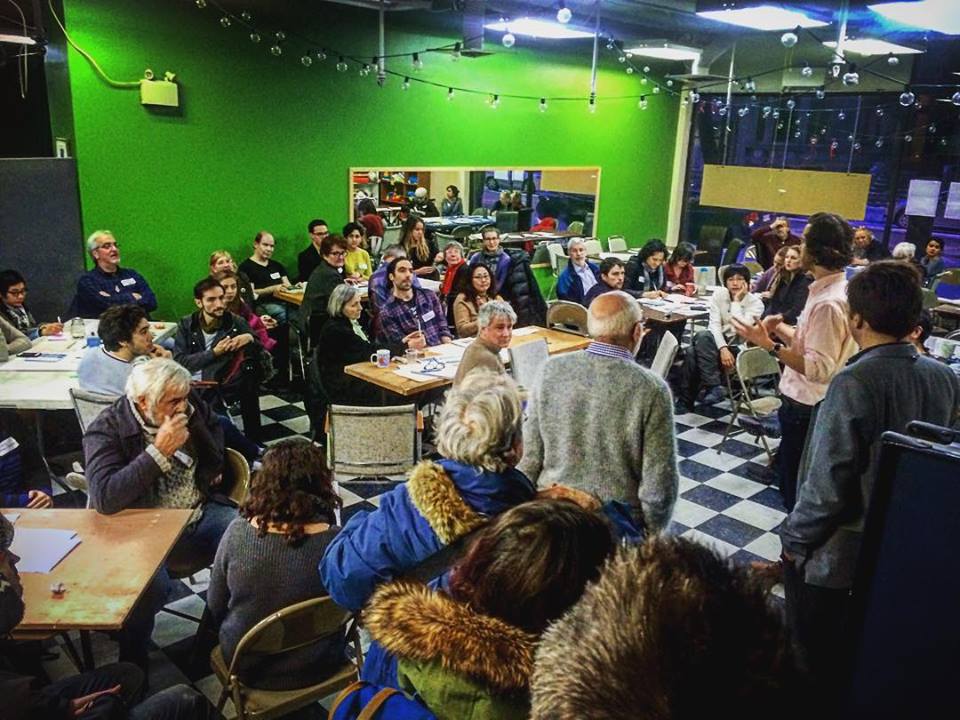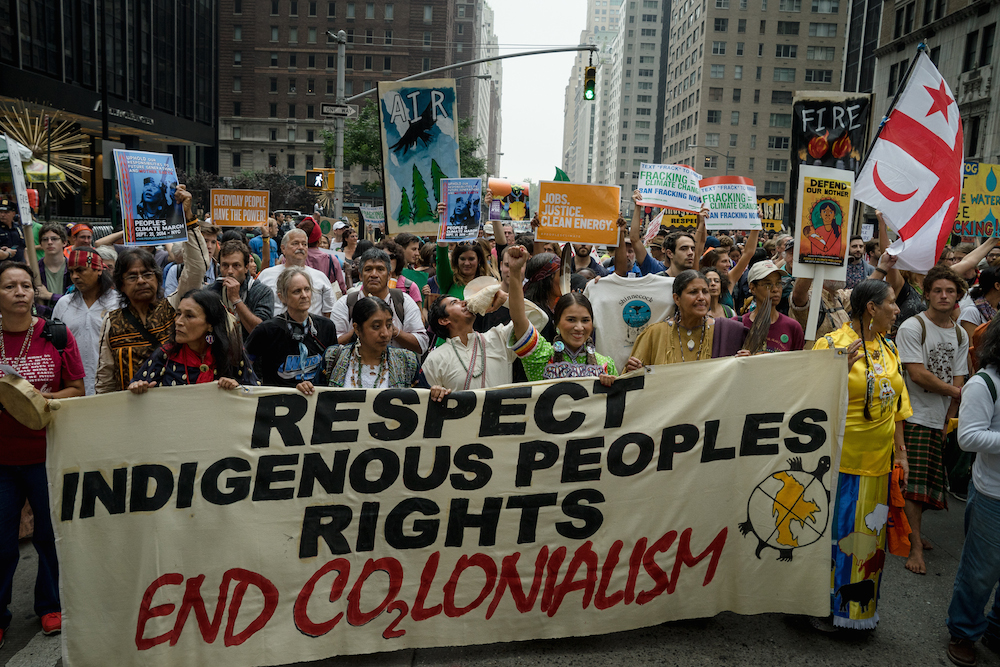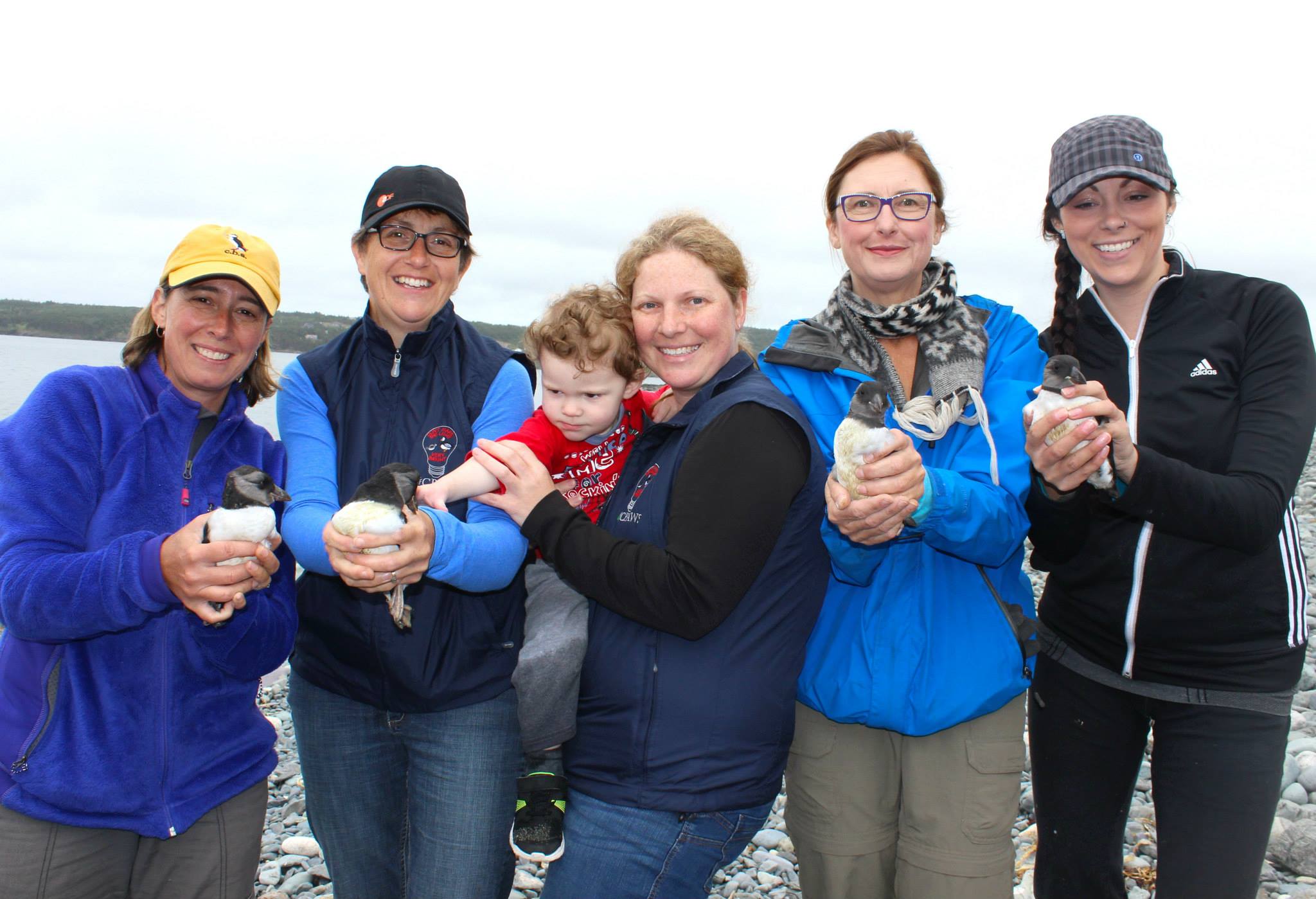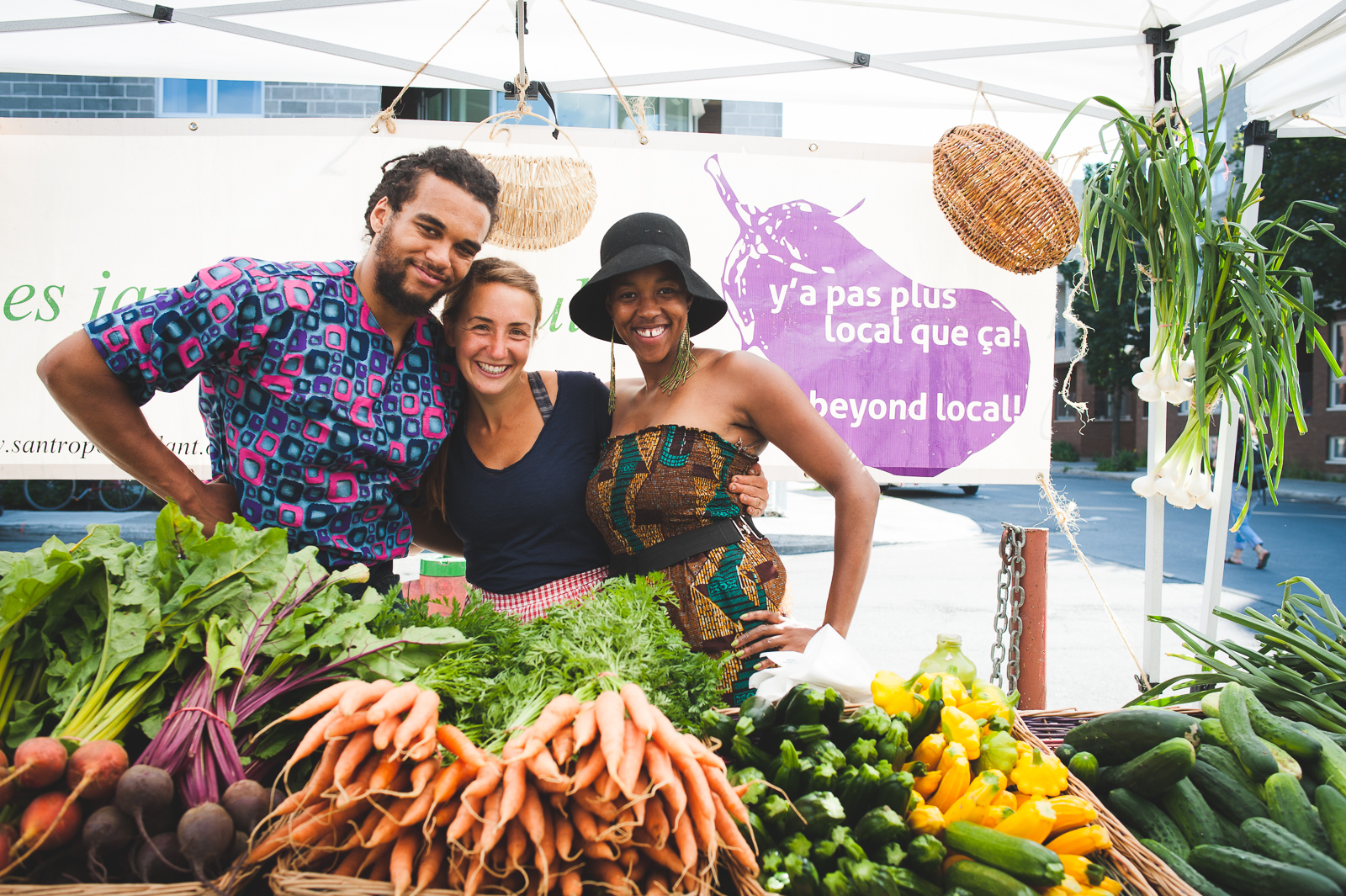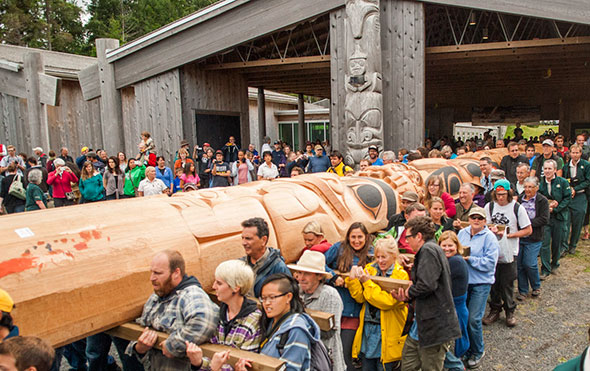Iron and Earth: Changing the narrative about Canadian energy futures
Canada’s oil sands, located in the province of Alberta, are a source of tension when it comes to envisioning the future of Canada’s environment and economy. To some, this resource represents jobs and wealth, with oil reserves worth an estimated $285 billion dollars. To others, the oil sands have no place in the future of the Canadian economy due to regional environmental degradation and climate change impacts. Also, unstable global [...]
